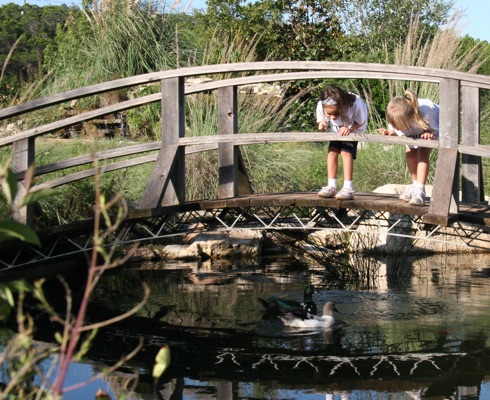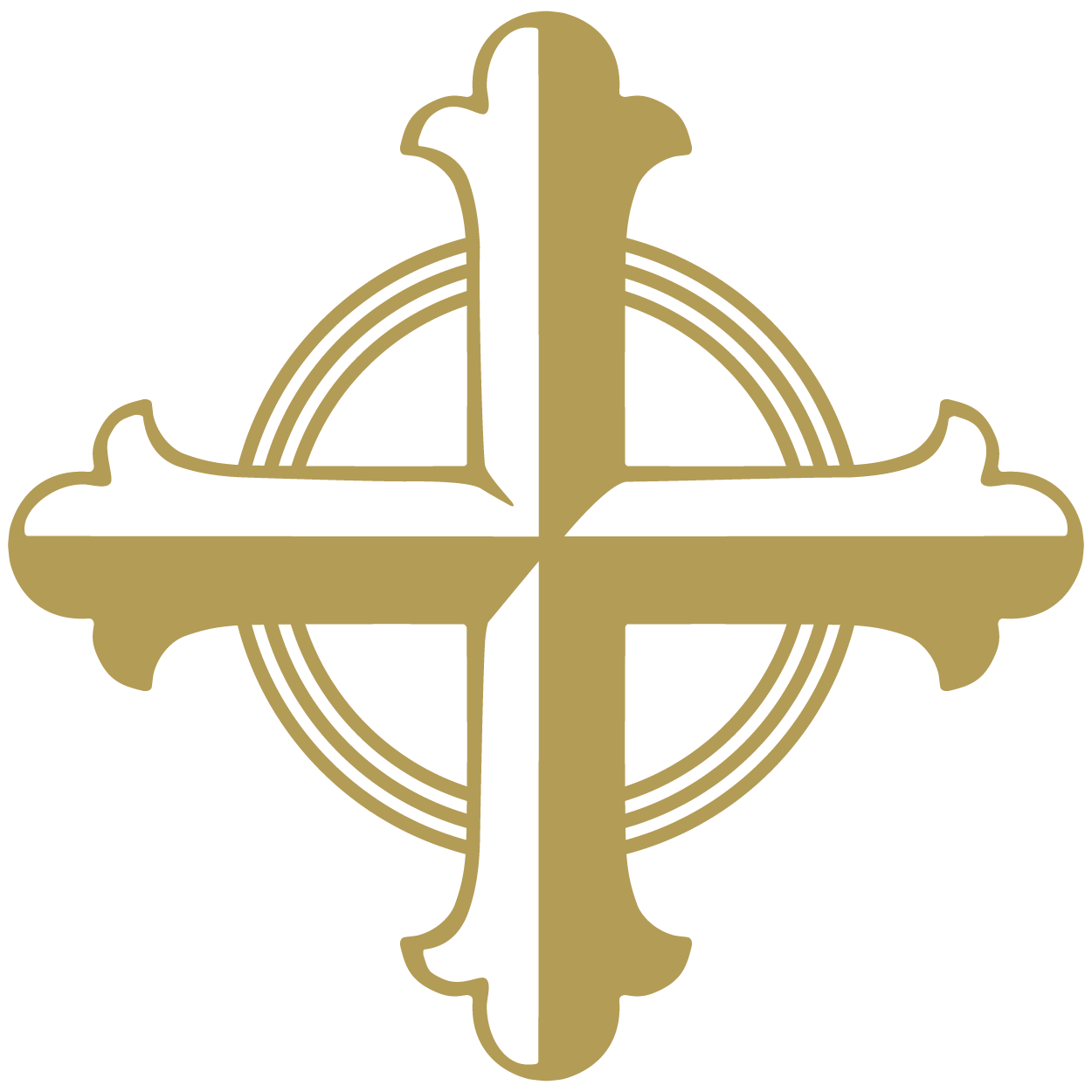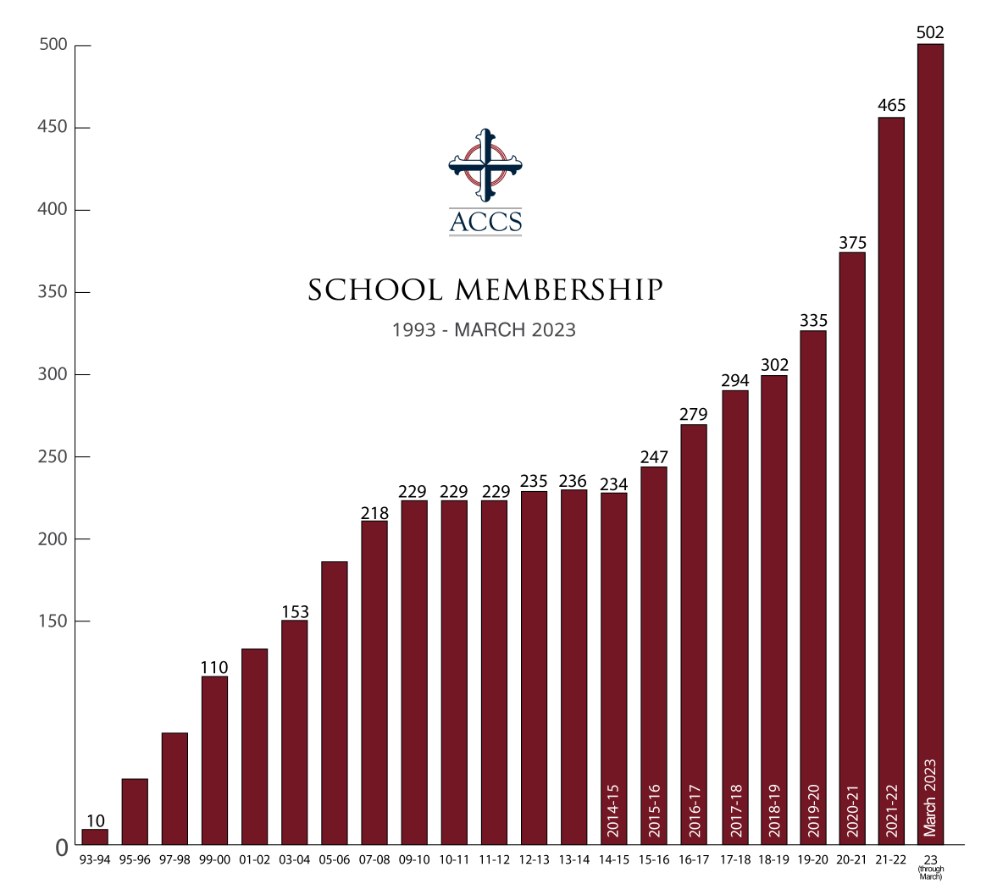The ACCS Mission
ACCS is organized to promote, establish, and equip member schools that are committed to a classical approach in the light of a Christian worldview.
For I am not ashamed of the gospel, for it is the power of God for salvation to everyone who believes. — Romans 1:16
To restore a Christian paideia, we want to restore the patterns of thought and life that have enriched lives in all times and places. We do this by building classical schools and Christian communities, helping parents find schools, and promoting the critical importance of classical Christian education (CCE) on a national level.
Not that we take over society … but simply that we bring Christian truth into every area of life — salt, light — and teach people to think Christianly. Which is why I so applaud [classical Christian education] … . It is absolutely wonderful because you are teaching them the two things that are so essential — the development of character and the ability to reason and think.
~ Chuck Colson
- We represent over 500 member schools and accredited schools.
- We sponsor Repairing the Ruins in June of each year. This is the largest national conference on classical Christian education (CCE) with around 80 vendors and over 1000 educators in attendance.
- We organize and provide a comprehensive set of member resources to to help start new schools and improve established schools
- We represent classical Christian education (CCE) nationally.
- We help direct nearly 50,000 parents per year to a classical Christian school nearby.
Our students love to learn. From the beginning, the ACCS has been engaging our world. We study all things, using scripture as an interpretive lens. Music, art, entertainment, culture, history, science, and much more is within our scope. We “pillage the Egyptians”, in the words of Augustine, by reclaiming all earthly treasures in subjection to Christ. You might see students debating environmental law, or considering excellence in pop music, or studying the insights of Steven Hawking. We promote learning that is Christ centered, but not isolated from the world and the culture around us. Ultimately, this approach led to the position Christianity once had in culture.
 It’s easy to get lost in “college and career readiness,” “Science, Technology, and Math (STEM),” “Common Core,” or any current buzz terms that circulate. But the ACCS and our member schools are about something entirely different.
It’s easy to get lost in “college and career readiness,” “Science, Technology, and Math (STEM),” “Common Core,” or any current buzz terms that circulate. But the ACCS and our member schools are about something entirely different.
- Theology is the queen of knowledge: We begin with the medieval principle that every experience, every skill, every idea, all knowledge and every creation is only understood in the context of God and His nature.
- Education is the cultivation of virtue: We teach children to think well (Intellectual Virtues), we train them to lead (Cardinal virtues), we transform them with a love of goodness (Moral Virtues), we train them to be winsome as they write and speak with eloquence (Rhetorical virtues), we deepen their knowledge of God, history, and our world (the virtue of Wisdom) and we immerse them in a Christian view of all things.
- Students appreciate and reflect Truth, Goodness and Beauty: These three qualities are the measure of everything in God’s creation. Our students appreciate these things around them, and seek to reflect these things in their lives.
- We do all these things to the Glory of our Lord Jesus Christ: Our ultimate mission is the cultivation of students as worshipers.
The classical Christian system of educating children nurtured Christendom for nearly 2000 years. And then, we forgot about it. When we abandoned the “cultivation” of our youth, we set in motion the harvest. We see that harvest in American culture today. In the past 30 years, hope has returned as we cultivate a new field– the next generation. Over 40,000 students are trained in classical Christian schools today. Classical Christian education brought the light of Christ to pagan Rome, Anglo-saxon England, viking Scandinavians, and other cultures too numerous to mention. And, in each case, it gave rise to the blessing of Christian culture as it went.
In the past two decades, Christian parents noticed something: Classical Christian education (CCE) also advances their children’s academic success. While this is not our primary goal, the results are more than surprising. Statistically, ACCS member schools outperform every type of school on standardized tests like the SAT and ACT. And, they do so by a wide margin.
Common Questions about the ACCS
Answers to some common questions we receive about who we are and what we do:
Quick Facts
-
- The ACCS is the first member organization for classical Christian schools, formed in the early 1990’s.
- We are the only organization to offer comprehensive accreditation, teacher and administrator certification, diploma authorization, and program/product endorsement, as well as supply a suite of tools and resources to advance CCE (classical Christian education) schools from startup toward accreditation standards of excellence.
- Our standards envelop all forms of classical Christian education. If you’ve read Battle for The American Mind you know these organizational structures are what captivates modern schools in the progressive model. We seek to replace the progressive infrastructure.
- The overwhelming majority of classical Christian schools are in our membership.
- We also serve as the primary public voice of classical Christian education in the media.
Q:Do you specify a particular form of CCE? (Are you the Dorothy Sayer’s version of CCE?)
A: No. See our extended definition of CCE. In the early 1990s, the ACCS developed “Generation 1” schools — with insight from Dorothy Sayers and John Milton Gregory. By 2003, the ACCS had helped lead the development of Generation 2 (Great Books & Socratics), and around 2010, Generation 3 (cultivation of virtue and ordered loves). For more information on these generations, see the ACCS edition of The Liberal Arts Tradition by Classical Academic Press. The ACCS is now leading Generation 4’s development in CCE, based in the quadrivium and a continued decoupling from progressive education practices.
The ACCS serves protestant, Christian classical schools of all types. Our basis for “classical” is the seven Christian liberal arts as understood during the middle ages, toward the cultivation of virtue, with Christ at the center. This is the seedbed of the Western Christian Paideia. This definition is our primary distinctive, not any particular pedagogical practice. Sayers and Gregory are two of many voices that historically explain classical Christian education.
Q:What differentiates the ACCS from other Christian or classical organizations?
A: Unlike organizations that focus on consulting, training, events, or programs like the Society for Classical Learning or CIRCE, we provide a comprehensive set of products and services tied to our accreditation standards. We are a standards organization. Our services provide paths to help schools start, grow, and become “Cathedral Schools” of excellence, and then help other schools achieve the same. We seek to serve all CCE schools through certification, accreditation, product or program endorsement, and diploma authorization. This combination of services provides parents, colleges, and supporters with an assurance of quality. We provide training, consulting, events, and materials that help schools reach these goals. And, we provide best-in-class, practical resources collected to help schools work smarter and focus on the classroom. Most importantly, we place Christ and His Kingdom at the center of all that we do.
Unlike classical training and curriculum organizations such as Classical Academic Press, Logos Press, Memoria Press, Roman Roads, or Veritas Press, we do not specify or develop a particular curriculum or program, nor do we write curriculum. We do fund the development of scholars and publications that research and endorse those organizations as approved suppliers and partners.
Unlike other classical organizations that “authorize” or accredit a particular implementation of CCE, we do not prescribe particular school franchise models. For example, the Ambleside schools, the Classical Latin School Association, or Trinity Schools Nationwide advocate for a specific implementation of education within the category of “Classical.” Our form of accreditation looks at a school’s alignment with classical principles of pedagogy and content. Schools can have joint membership and accreditation with us, even if they are franchise model schools with another organization.
Our work in standards goes hand-in-glove with our general advocacy, parent education, and publicity efforts. We have classical standards for membership and high standards for accredited members. Parents see this and tens of thousands every year seek schools through our School Finder tool.
Unlike charter school organizations, such as the Great Hearts Institute or Hillsdale’s K-12 Education, we are Christ centered. These organizations are based in “public charter schools” so they cannot have a Christian aspect to their program. This is sometimes called simply “classical education” and should not be confused with classical Christian education which is a very different form of education.
Q:Will the ACCS accredit any type of classical Christian school?
A: Yes, provided they meet our standards of classical Christian excellence. Our accreditation standards are established and reviewed by a commission that spans many different flavors of classical education. We do, however, require that the school is Christian and conforms to our protestant statement of faith.
Q:Does the ACCS accept Roman Catholic Members?
A: No. Our charter is distinctly protestant. We hold to this, not as a means of judging other forms of Christianity, but as part of our identity. We would expect Catholic school organizations would do the same. We have many friends in the Roman Catholic church. Some speak at our annual conferences. We consider orthodox Christians of all forms friends and brothers. And, we work with the Institute for Catholic Liberal Education to help further classical education in the Roman Catholic Church.
Q:Does the ACCS allow member schools to accept government funds?
A: Yes, but we caution schools to have an exit plan. We do require our schools to remain independent. In the current environment, we strongly encourage schools to avoid government funding. And, we require a documented exit plan of our accredited schools.
The ACCS had a “no-voucher” policy during the early 2000s. Court actions have shifted the school funding question toward tax credits and a variety of other complex instruments. So, we replaced our voucher policy with the requirement that schools not become dependent on a single outside source of income.
Q:How does the ACCS respond to matters of diversity, equity, and Inclusion (DEI)?
A: We steer clear of cultural fads of all types as we restore the historic Western Christian Paideia. In this cultural moment, the pressure to “respond” to race and gender identity is ever present. Both terms originated within the last 100 to 200 years and have been particularly shaped by Critical Theory. “He who controls the language controls the masses,” said Saul Alinsky, champion of the CT revolution. We hope that Christian organizations will be judicious and careful when taking action based on race or gender.
DEI is often misunderstood as a way of responding to a form of racism that is said to be systemic or structural. The perception within Christian circles can mistakenly view a continuum from full Critical Race Theory, to a softer DEI, to a softer-yet version of anti-racism, to a softer promotion of black history, or some other nod to racial sensitivity. For example, some organizations seek to respond by engaging “Kingdom Diversity,” or pursue race-oriented projects or actions (i.e., black history or black literature). They presumably see this as a moderate response to what they believe to be an extreme DEI agenda. We believe that this “moderate response” actually embraces the underlying narrative and language of the atheistic humanists who promote CT. We believe all of these instruments were created by Critical Theory — applied to both race and on sex — and are thus a diversion from their overtly anti-Christian and anti-Western practice.
The Gospel has always been our center at the ACCS, and this is our only source and motivation for action — not DEI or other cultural fads. The ACCS chooses to ignore calls to respond to the DEI wave because the Gospel is not racist. Race is a tool of CT to divide. There are two classes of people: Those who know Christ and those who do not. We divide there and only there.
Q:How does the ACCS address controversial speakers or writers?
A: Somewhere along the way, a new ethic has been imposed by our American culture: If someone says something controversial, offensive to someone, or outside the particular acceptable opinion set, they are to be labeled, cancelled, and shunned. This is harmful to the process of reasoned discourse. And, where Christian brothers are concerned, it is unbiblical to divide over issues unless they are heretical or rooted in unrepentant sin. We can debate, argue, and criticize our brothers, but we cannot cancel them but for a few very serious reasons.
The ACCS engages thought, speech, and writing when it furthers our mission. We believe that, since the earliest Christian communities formed, the church and her institutions have been Contra Mundum, or “against the world.” This necessarily makes the narrative of Christianity offensive to many outside the faith and some who claim the faith. Where the Gospel is an offense, it should lead to a division. We do not seek controversy. But, neither do we wish to play into the hands of the enemy by dividing, cancelling, or shunning Christian brethren.
Interestingly, if you were controversial and offensive in the 1960s, you were called “provocative” and celebrated at Woodstock or put on the “Ed Sullivan Show.” Today, with the shoe on the other foot, those who were “provocative” in the 1960s are now in charge of the cultural sway. They call their ideological opponents “offensive, hurtful, and racist” and then demand their cancellation.
Some within our movement have called upon us to cancel at least four Christian leaders during the past few years. All are Christians. None of the charges involve heresy or biblical sin — simply that they said something offensive or were unliked. The ACCS does not wish to engage in this pseudo ethic from the world. We will simply continue to follow the Christian standard, Contra Mundum. While we may not agree with every Christian brother, we will not be coerced to cancel them.
We are the primary public advocate for classical Christian education. We offer an extensive array of member services to help build distinctive schools. And, we provide accountability through accreditation. The ACCS seeks to set an educational standard for a unified and directed approach to classical Christian learning.
- We represent over 400 member schools and accredited schools.
- We sponsor Repairing the Ruins in June of each year. This is the largest national conference on classical Christian education with around 80 vendors and over 1000 educators in attendance.
- We organize and provide a comprehensive set of member resources to to help start new schools and improve established schools
- We represent classical Christian education nationally.
- We help direct nearly 50,000 parents per year to a classical Christian school nearby.
- Read our statement of faith.


